Your cart is currently empty!
4 Pregnancy Mistakes I Regret Making
Every mama has some pregnancy mistakes she regrets making when she was expecting her first child. This is inevitable because there is no way to do everything perfect when you are experiencing everything for the first time.
But doing your online homework and listening to stories from other moms can help you make better-informed decisions as you navigate this new journey of motherhood.
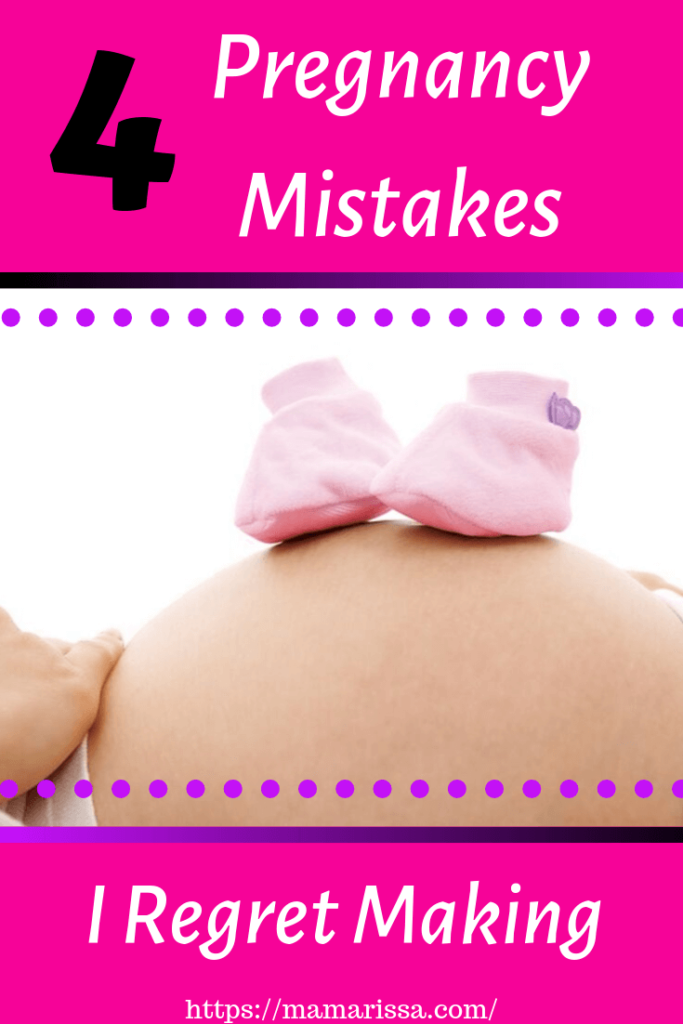
It is my hope that by sharing the following 4 pregnancy mistakes I made, another mama will be able to have a few less regrets about how she manages her pregnancy.
I am not a medical professional and nothing in this post should be construed as medical advice.
4 Pregnancy Mistakes I Made
1. Medicinally Treating a Yeast Infection
My first pregnancy mistake occurred early on, during my first trimester.
I was only 3 weeks pregnant with my daughter (and still unaware I was pregnant) when I developed what felt like a vaginal yeast infection.
I went to an urgent care where a swab confirmed that I had a slight overgrowth of yeast. The young doctor handed me a prescription for Diflucan which he assured me was safe to use if I were pregnant.
I waited to take the medicine, unsure if I wanted to risk using it if I turned out to be pregnant.
After I consulted with my nurse-mom and she subsequently consulted with an OBGYN she worked with, I decided against taking the medicine.
The OB my mom spoke with didn’t think that particular medication was the safest option for pregnant women.
As evidenced by these two doctors’ opposing views, the relative risks of using Diflucan during pregnancy are not clearly known.
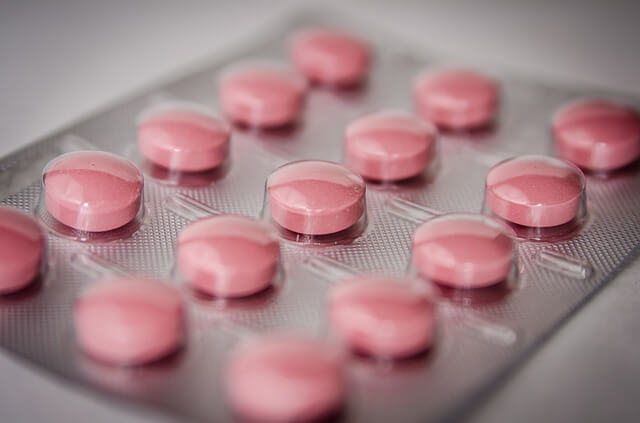
This article states that there is little evidence that harm will come to the baby even when large doses of Diflucan are used for extended periods of time during the first trimester.
However, according to the FDA (Food and Drug Administration), case reports have shown that lengthy, high doses of the drug throughout much or all of the first trimester can cause birth defects.
Both sources agree that, so far, this risk does not appear to apply to the single, low dose that is generally taken for a vaginal yeast infection.
Just the same, I am always hesitant to take medication, particularly when I am carrying or nursing a child.
So I decided to look up natural cures for yeast infections. I ended up using yogurt like a cream, and this seemed to help somewhat.
The effectiveness of using yogurt (plain yogurt without any added sugars or flavors) is currently being debated. While some doctors are advising against relying on this natural home remedy, this study proved yogurt with honey to be as effective as a medicinal antifungal.
Unfortunately though, several weeks after my home treatment, I was still having some itching.
Get FREE access to my list of pregnancy comfort essentials by evening your email at the bottom of the page!
I brought it up to my midwife who did another swab. She told me the results from the swab wouldn’t come back for a day or two but to go ahead and start the over-the-counter cream Monistat because it looked like a yeast infection to her.
Torn between the fear of the consequences of unnecessary medical intervention versus the fear of an untreated condition in an area close to my baby’s residence, I finally bought and started using the Monistat.
It was a day or two later that a nurse from my midwife’s office called to tell me the lab results showed that I did not have a yeast infection.

Because I was already several doses in and it seemed to be helping ease my symptoms, I decided to finish the course of the medicine.
However, looking back, I think that the yogurt did indeed help eliminate my yeast infection and I think it would have been totally effective if I had just continued using it a little longer than I did.
2. Getting Too Many Ultrasounds
Pregnancy mistake number 2 is very common these days. Whether motivated by fear or excitement, it’s hard to turn down any ultrasound the doctor offers you.
Because I miscarried my first child (read my miscarriage story here), I was extra fearful during the first trimester of my pregnancy with my daughter.
My initial ultrasound was at six weeks because I was nervous and requested an early confirmation appointment. I really regret doing this because I ended up getting another one at eight weeks anyhow.
At the six week appointment, we got to see and hear our baby’s heartbeat which was amazing! I was almost in tears because it was such a relief to hear a healthy heartbeat after having a miscarriage.
However, when I asked my midwife if 114 beats per minute was a good heart rate for this stage, she said it was on the low end of normal.
Although she wasn’t worried that anything was wrong, she offered me another ultrasound for two weeks later if I needed reassurance. In my anxiety, I felt I did need that second ultrasound and I accepted.
So I basically had two confirmation ultrasounds in the very early stages of pregnancy. I did not realize at the time that there are dangers involved in prenatal ultrasound exposure (read about some of the scary outcomes of prenatal ultrasound use here).

And then at ten weeks, I had some bleeding and went into full on panic mode! I already had an OB appointment scheduled for that day, but I went in early, my tear-stained face giving away why I showed up hours before my scheduled appointment.
Naturally, my midwife ordered an ultrasound, which was what I was hoping for. My husband met me at my midwife’s office in plenty of time for us to see our tiny baby happily waving at us on the ultrasound screen together.
The bleeding was very brief and my midwife was not sure what had caused it, but my baby was completely fine. It was just one of those frightening pregnancy moments that can be totally normal in a healthy pregnancy.
Still looking for an OBGYN or midwife? Enter your email at the bottom of the page to get my FREE list of interview questions to help you find the right match.
So by the time I was “safely” out of my first trimester, I had had three ultrasounds. And then, of course, I had the anatomy scan at 19 weeks making my grand total four ultrasounds during my pregnancy.
The fact is, all three of my first ultrasounds were motivated by fear. I’m not saying I should not have had any of them, but the only one that could really be considered medically necessary was the one I had at ten weeks due to bleeding.
And in all reality, none of those ultrasounds had an impact on the success of my pregnancy. As a matter of fact, based on my research, it is very rare that prenatal ultrasound use results in a healthier baby.
Now, having said that, I realize how difficult it can be to be pregnant without the visual reassurance that everything is okay – particularly if you have had one or more miscarriages, stillbirths, or infant deaths.
Some people may feel it is so beneficial psychologically to have prenatal ultrasounds that it outweighs the possible health effects on the baby.
This is basically the mindset I had during my pregnancy with my daughter.
And although I now have more knowledge about the potential repercussions of unnecessary ultrasounds, I cannot promise myself that I won’t give in to the temptation of easing my fears the next time around.
However, I definitely intend to try my best to avoid making this pregnancy mistake next time.
3. Taking the Glucose Test
Ah, the glucose test. Many women dread having to go through pregnancy mistake number 3, but not for the reasons I am adamant about refusing it during my next pregnancy.
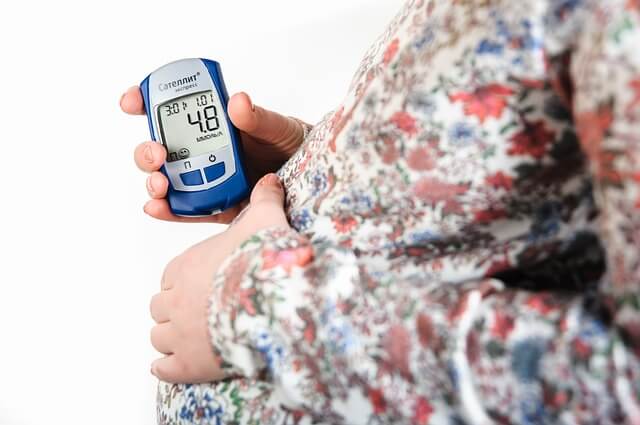
The glucose test is usually performed between weeks 24 and 28 of pregnancy. It helps determine whether or not further testing is required to determine if you have gestational diabetes (a condition that can lead to dangerous complications for mama and baby if untreated).
It is often an unpleasant experience for mamas because it involves gulping down a way-too-sweet drink within a few minutes and then sitting in a waiting room for an hour. Not to mention having your blood drawn!
I, however, had different reasons for hating this standard test. I was concerned about the unhealthy act of drinking 50 grams of sugar in such a short span of time while pregnant.
You can imagine how upset I was when I failed the glucose test and had to go on to take the 3 hour fasting glucose tolerance test. And for this I was required to drink 100 grams of sugar in five minutes.
This was when I realized how unhealthy this test is. Not only was I miserable, but my normally calm baby was kick-boxing in my tummy.
Knowing my baby was having such a severe reaction to the sugar made me furious. I decided then and there that I would not do this test again.
This decision was solidified when I barely made it out to my car at the end of the test without passing out. I sat in the driver’s seat for probably 25 minutes scarfing down food, trying desperately to stabilize my body.
I asked my midwife at my next appointment what alternative options there are for testing for gestational diabetes. She told me the only other reliable option would be to test my own blood sugar at home in a daily basis.
This is not particularly appealing, but I’m willing to do it next time around to avoid forcing my unborn baby to ingest extremely unhealthy amounts of sugar which may have unknown effects on his or her developing little body.
Despite the fact that it is considered to a be a normal screening test during pregnancy, I will do everything in my power to avoid making this pregnancy mistake again.
4. Getting Antibiotics During Labor
Pregnancy mistake number 4 is another common issue pregnant mamas face. A lot of women end up needing antibiotics during labor either because they are having a C-Section, have a fever and possible infection, or have Group B Strep (GBS).
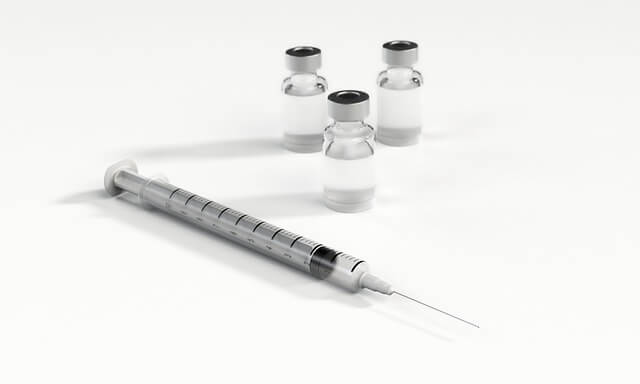
For me, it was testing GBS positive that led to the use of antibiotics during labor. And due to my long labor and delivery process, I and my baby received excessive doses of it (including an extra dose the morning after that I was not supposed to get).
Read my full birth story here!
While being GBS positive does not mean you have an infection, it does mean your body is colonized with a specific kind of bacteria that has the potential to infect your baby during birth.
If your baby becomes infected with GBS, he may develop serious health complications such as pneumonia, sepsis or meningitis.
Babies have a 1 in 200 chance of becoming infected with GBS if the mother does not receive antibiotics and a 1 in 4,000 chance if the mother does receive antibiotics during labor (Source).
Based on these numbers, getting antibiotics during labor sounds like a good idea if you test positive for GBS.
The issue with antibiotics is that they wipe out all of your gut and intestinal bacteria, good and bad. This means baby will not be exposed to any beneficial bacteria during the birthing process which can hinder their own gut health.
I have often wondered how much of an impact the multiple doses of antibiotics had on my daughter’s reflux. Would she have even had reflux if I hadn’t gotten the antibiotics? Would it have been less severe?
I don’t know for sure, but I’m certain it didn’t help her out any. As a matter of fact, as early as her first week of life (before we realized she had reflux) my mom was suspicious that my daughter’s gut health was not great.
The fact that my daughter’s stools remained tarry-black and diarrhea-like for that entire first week was an indication that her digestive system was out of whack according to my mom.
Whatever role the antibiotics played in my daughter’s reflux and sub-optimal gut health, I don’t want to risk making this pregnancy mistake again.
Next time around, I plan to avoid being GBS positive by taking a probiotic, Vitamin C, and raw garlic daily throughout my pregnancy as Wellness Mama recommends.

The Fear Factor
Ultimately, whatever decisions we make as mamas-to-be are motivated by the desire to optimize our babies’ health and the fear of anything that might jeopardize it.
I succumbed to the temptations of medical interventions because I was afraid of the repercussions of various compromising health conditions in my own body.
And now, as I mentally plan for my next pregnancy, I intend to avoid these interventions for fear of reaping the same negative results I had from some of them with my daughter.
It’s hard not to be afraid when you’re an expectant mama. It can be a heavy burden to have to make weighty decisions about your unborn child’s health.
But it’s okay if you make some pregnancy mistakes. Often times the things you do while pregnant that seem to be a big deal do not result in any noticeable problems for your child.
All you can do is make the best decisions you can based on your own research and mama intuition. Trust that little voice in your head that tells you when something isn’t a good idea.
And in the end, just like me and every other mama, you will live and learn from your pregnancy mistakes and figure it out a little more as you go!
What pregnancy mistakes do you regret making? Share them in the comments!
Make sure to also read my post on 4 things you didn’t know you should avoid during pregnancy.
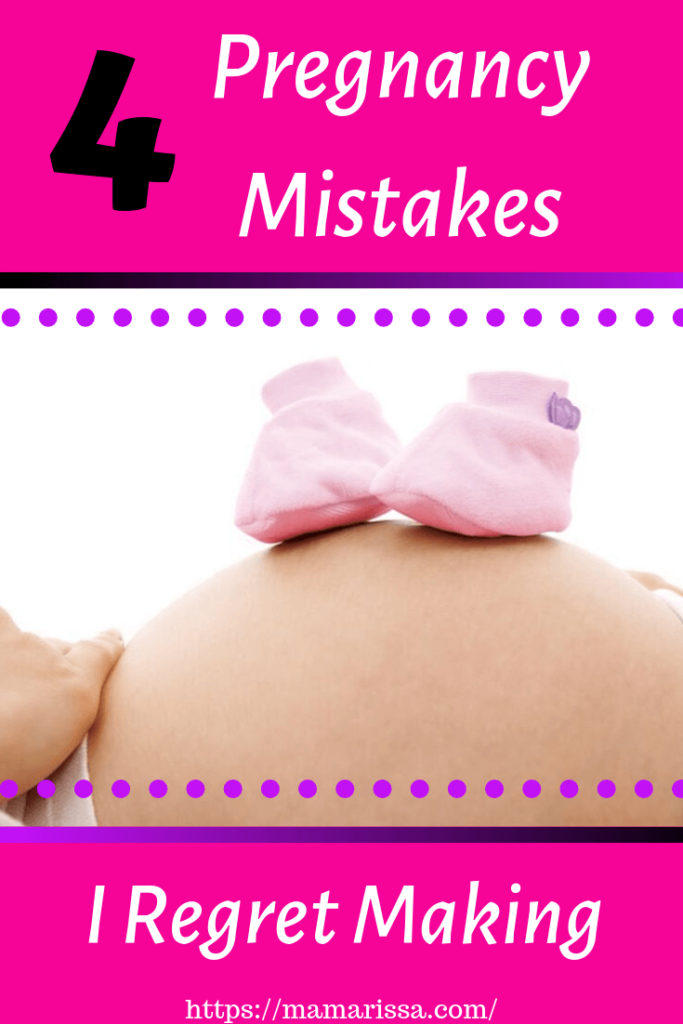

One response to “4 Pregnancy Mistakes I Regret Making”
[…] Although my pregnancy and natural hospital birth with my daughter had been wonderful experiences, there were still some interventions we had with her that we later wished we had not done (more on that in this post). […]




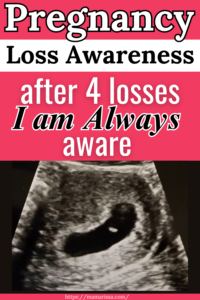

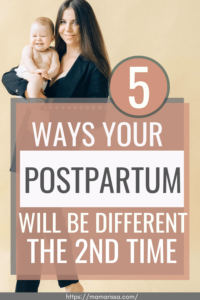



Leave a Reply